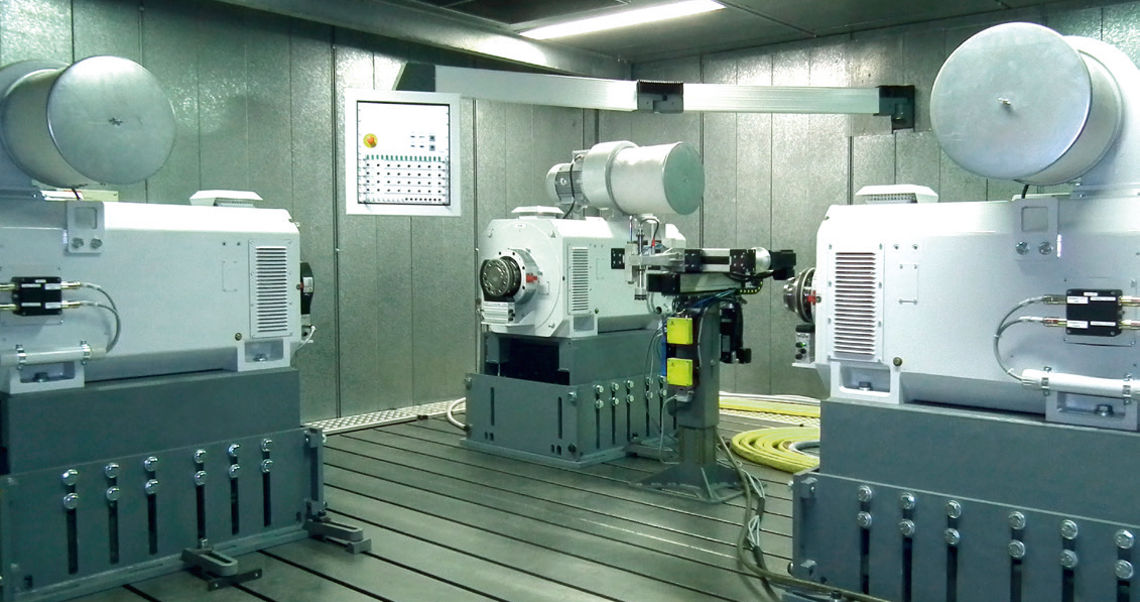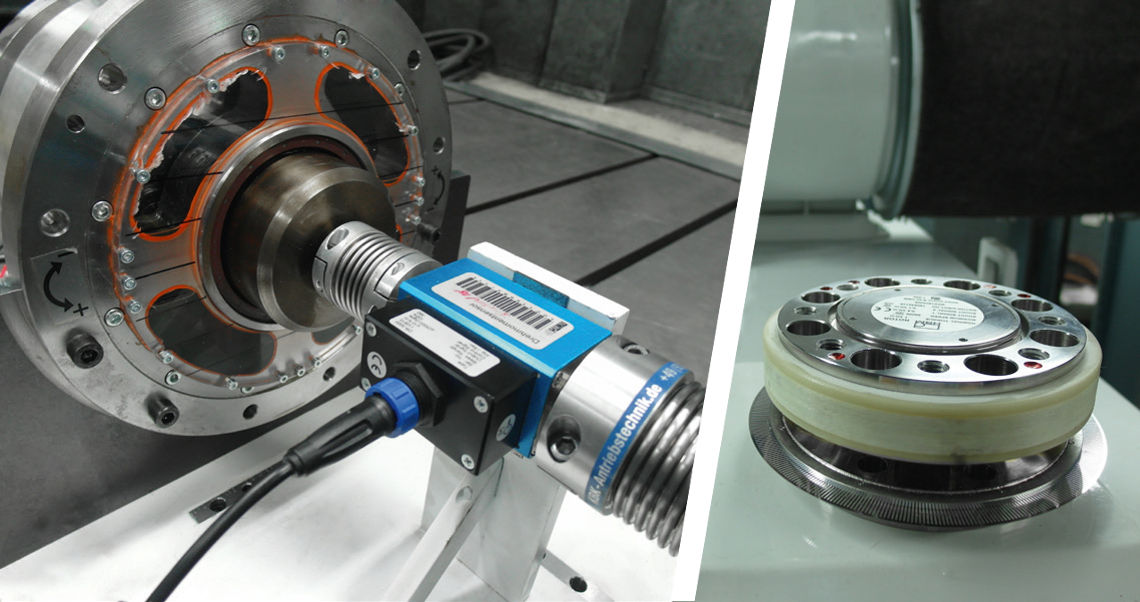
Commercial Vehicles: Feasibility Studies for Electrification, Real Consumption and Fleet Optimisation
German and worldwide climate protection goals will lead to an increasing share of alternative drivetrains within the heavy road transport sector. For commercial vehicle fleet operators this raises the question of the feasibility of an electrification of the vehicles.
The broad spectrum of commercial vehicles and their mission profiles often demand an individual assessment of the feasibility of a potential electrification of the vehicle fleet:
- What is the status quo of the mission profiles of the vehicles?
- Which vehicles with alternative drivetrains on the market meet the requirements?
- Which charging infrastructure is necessary and how to use it most effectively?
- What is an effective and economic strategy for electrifying the vehicle fleet?
A feasibility study of fka GmbH provides answers to these questions. Proven tools and methods of fka GmbH are used in the process. A field test with automatically operating data loggers records the mission profile of the vehicles currently in use and guarantees an application-specific assessment. Existing analysis routines process the gathered measurement data and allow the extrapolation of the results to alternative drives. Optionally, a use of the measurement data library of fka GmbH or data provided by the customer is possible.
The created database is used for the assessment of the technical feasibility of alternative drivetrains for the individual application. This analysis is complemented by matching the derived technical requirements with existing products on the market. A detailed analysis of the drivetrain with the simulation library of fka GmbH is an additional possibility.
In addition to the technical aspects, fka GmbH carries out an economic assessment using its tool “MKK“ (Measurement Based Cost Assessment of Vehicles). It transfers the field test results into operating and emission costs. Both are part of a total cost assessment. The identification of an economically reasonable mix of the vehicle fleet complements the feasibility study and leads to a recommendation of a suitable strategy for the electrification of the whole fleet, single vehicles or their auxiliary machines.
The large variety of commercial vehicles variants with a wide range of application offers significant potential for optimising the composition of a fleet with different drive technologies.
The commercial vehicle sector is characterized by a wide variety of vehicles and an equally broad spectrum of applications. For this reason, a large number of different drive technologies will establish on the market. For operators and manufacturers, the assessment of real energy demand and fuel consumption is therefore of increasing importance.
This is where fka comes in with its methodological expertise and supports its clients in recording the status quo and making decisions about future concepts. From the component to the application, virtual or in the field, the energy demand is evaluated and predicted. With the help of customised measurement campaigns, the experts at fka record the energy and power demand specific to each application. This can be done both with dedicated measurements and by long-term recording with permanently installed data recording. Fast access to the vehicle data is uncomplicated via the standard protocol J1939. A further metrological upgrade is also possible. As a customer, you receive the collected data in both processed and raw format.
Use case § 68 VgV for the procurement of road vehicles
An exemplary use case is § 68 VgV (Regulation on the Award of Public Contracts) for the procurement of road vehicles by public principals. This paragraph serves to implement Directive 2009/33/EC of the European Parliament and of the Council on the promotion of clean and energy-efficient road transport vehicles in Germany. Public commercial vehicle fleet operators are required to take energy requirements into account when procuring their vehicles. Here fka can support the decision making process for the future fleet based on individual mission profiles and fleet compositions. The shift to alternative drive systems, for example electrified vehicles, and the effects on CO2 emissions as well as the operating concept will also be supported and evaluated.
For further investigations, fka uses the measurement data to calibrate simulation models. In these models, the vehicle behaviour is physically implemented together with the components relevant for the energy demand. This makes it possible to extrapolate the behaviour of a modified vehicle configuration for the existing driving task or the behaviour of the current vehicle in a modified application case. On request, this can also be done in the EU's VECTO tool.
Competent services and solutions
With the solutions presented, fka offers a broad portfolio of services to support the ambitious and important goals of its customers to reduce the CO2 emissions of their vehicles. Please feel free to contact us to discuss your individual requirements.
Ihre Ansprechpartner
Your contact
![[Foto: Jan Bahlmann]](/images/personen/bahlmann-jan.jpg)
Jan Bahlmann M.Sc.
Manager Studies and Simulation
This email address is being protected from spambots. You need JavaScript enabled to view it.
Telefon: +491779777547
This email address is being protected from spambots. You need JavaScript enabled to view it.
Phone: +491779777547
![[Foto: Oliver Voßen]](/images/personen/vossen-oliver.jpg)
Oliver Voßen M.Sc.
Head of Powertrain & Electrical Systems
This email address is being protected from spambots. You need JavaScript enabled to view it.
Telefon: +49 241 8861 214
This email address is being protected from spambots. You need JavaScript enabled to view it.
Phone: +49 241 8861 214
fka World of Research
![[Foto: people working in the background with a abstract image of a process as overlay]](/images/artikel/MBSE/Model_Based_Systems_Engineering.png)
Model-Based Systems Engineering
Introduction and implementation of the Model-Based Systems Engineering (MBSE) approach
We move away from the traditional document-based approach and instead rely on interconnected digital models. A system model serves as a shared platform for communication between all teams involved in development. It acts as a central source of information, ensuring that crucial data is always up to date and accessible.
Read more ...
Strategy & Consulting |
Strategy Teaser
Exciting short studies on innovations and developments in the automotive industry by our experts from Strategy & Consulting.
Read more ...![[Foto: VW ID.3]](/images/artikel/bench/id3/vw-id3-IF2_2262.jpg)
Continuous Bechmarking
VW ID.3 Benchmarking
fka & FEV Consulting launched the comprehensive benchmarking program.
Read more ...
![[Foto: Beschreibung]](/images/artikel/kraftstoffverbrauch-nutzfahrzeuge/800x600Nutzfahrzeuge2.jpg)
![[Foto: Feasibility Study]](/images/artikel/kraftstoffverbrauch-nutzfahrzeuge/21jbh0004_Feasibility_Study_EN_600dpi.jpg)

